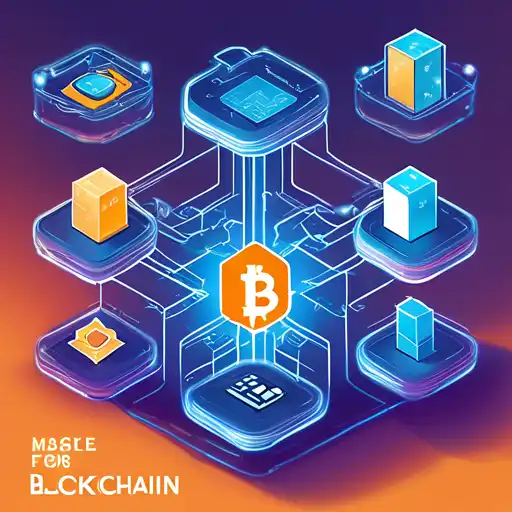What is Blockchain?
Blockchain technology is a digital ledger that records transactions across many computers in such a way that the registered transactions cannot be altered retroactively. This technology is the backbone of cryptocurrencies like Bitcoin, but its potential applications extend far beyond digital currencies.
How Does Blockchain Work?
At its core, a blockchain is a chain of blocks, where each block contains a list of transactions. Each block is linked to the previous one through a cryptographic hash, creating a secure and unbreakable chain. This ensures the integrity and transparency of the data recorded on the blockchain.
Key Features of Blockchain
- Decentralization: Unlike traditional ledgers, blockchain does not rely on a central authority. Instead, it is maintained by a network of nodes (computers).
- Transparency: All transactions are visible to anyone within the network, ensuring transparency.
- Immutability: Once a transaction is recorded on the blockchain, it cannot be altered or deleted.
- Security: Blockchain uses advanced cryptography to secure data, making it highly resistant to fraud and hacking.
Benefits of Blockchain Technology
Blockchain offers numerous benefits across various sectors, including finance, healthcare, and supply chain management. Some of the key advantages include:
- Reduced costs by eliminating intermediaries.
- Increased efficiency and speed of transactions.
- Enhanced security and reduced risk of fraud.
- Greater transparency and trust among participants.
Blockchain in Cryptocurrency
The most well-known application of blockchain is in the creation and management of cryptocurrencies. Bitcoin, the first cryptocurrency, leverages blockchain to enable peer-to-peer transactions without the need for a central authority.
Other Applications of Blockchain
Beyond cryptocurrency, blockchain technology is being explored for use in:
- Smart contracts that automatically execute when conditions are met.
- Supply chain management to track the provenance of goods.
- Healthcare for secure and interoperable health records.
- Voting systems to ensure the integrity of electoral processes.
Getting Started with Blockchain
For beginners interested in blockchain, here are some steps to get started:
- Educate yourself on the basics of blockchain and cryptocurrency.
- Explore different blockchain platforms like Ethereum, which supports smart contracts.
- Consider investing in cryptocurrencies as a way to gain hands-on experience.
- Join blockchain communities and forums to stay updated on the latest trends and developments.
Blockchain technology is revolutionizing the way we think about data security and transparency. By understanding its fundamentals, beginners can unlock a world of opportunities in the digital age.
